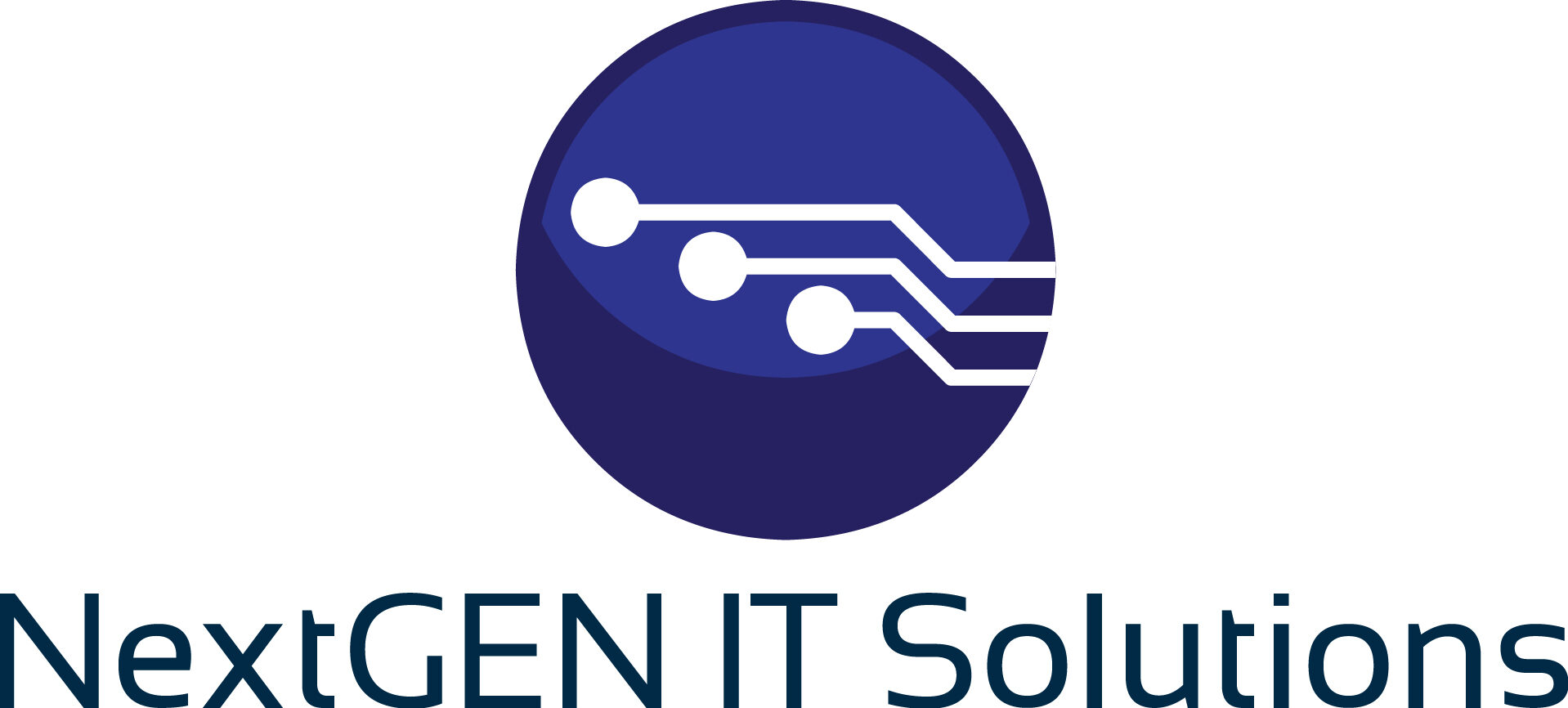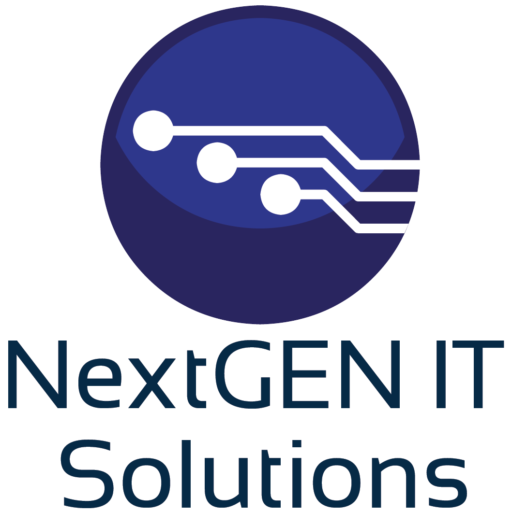
Introduction to IT Solutions in the Accounting Industry
In modern accounting there is a vital place for IT solution in Certified Public Accountants (CPAs) and their firms in the contemporary society. The use of IT will help managers deal with the financial data swiftly as accounting is important in daily basis of a company. Also, employing IT solutions, managers can resolve many problems in their work. Moreover, the use of IT allows reducing the number of employees as it helps to minimize the errors during the accounting. Hence, with the use of IT solution it is possible to complete numerous manipulations for different types of data.
Accounting has undergone a number of significant transformations since the advent of sophisticated software and systems. While there are a wide range of IT-based solutions available to CPAs for all kinds of accounting work, I would like to discuss a few of the commonly used and highly impactful tools. Accounts can now be opened and financial transactions summarised and presented using IT solutions that automate the entry, categorisation and transfer of account data, facilitating various important accounting activities such as data analysis and financial forecasting.
Auditing, another tedious accounting process, can be automated and fully integrated using such sophisticated software. Meanwhile, all the financial data is also organised and stored for tax preparation. In recent years, separate company-wide and individual account solutions have emerged to eliminate the need for tedious, time-consuming entry work. Accounting is now a team-based activity, and different employees can share workloads and monitor each other’s progress using these advanced IT solutions.
In addition, modern CPAs are excellent communicators with their clients, and this has further aided the improvement and advancement of accounting workflows.
While all of these benefits might sound tempting, the expectations in protecting financial information are on the rise. Accounting is a heavily regulated profession. Accountants who deal with financial information for clients and companies are required by law to report and keep data accurate, private and secure. The Sarbanes-Oxley Act (SOX) and the Gramm-Leach-Bliley Act (GLBA) are the main laws that outline the requirements for IT controls designed to protect data security, privacy and the validity of financial reporting. Complying with these regulations is a legal responsibility that helps foster trust from clients and avoid legal action.
Understanding SOX and Its Implications for IT
The Sarbanes-Oxley Act or SOX (enacted in 2002) seeks to protect investors from corporate disclosures and practices that are false and/or misleading by imposing criminal and civil penalties for the promulgation of such disclosures. Furthermore, its Section 302 directs management to certify, as accurate and complete their company’s financial reporting. For corporate governance and for the CPA profession, SOX compliance is paramount and elemental to maintaining the integrity of good governance, as it demands robust internal controls, data integrity and proper financial reporting.
The function of internal controls is to prevent and detect fraud and ensure the completeness and accuracy of financial data; what CPAs do is instigate all these controls – from access control to transaction matching. Data integrity means that everything reported by public companies reflects what actually happened. For example, if a coupon was permanently lost during the mailing process, it can’t be used, even though the price of the offer may have gone up dramatically. A set of coupons, redeemable only after the price had increased by 50 per cent, were allegedly bar-coded with a favourable code. When CPAs track and document the manipulation of data, investors can better trust the financial information that companies have reported.
SOX also requires timely financial reporting. If a top-level executive signs an annual report that contains even a slightly misleading statement of a material fact or a significant omission, the penalty for this action can be severe. CPAs use IT systems, hosted on business desktop computers, to create accurate and timely financial reports that include disclosures of all material facts.
Such tight rules necessitate elaborate IT systems. Compliance tasks, which are traditionally tedious and error-prone if carried out manually, can be automated. For example, inputs can be verified against external reference data and aggregations can be approved only if they fit the previous results. However, complying with such a complex regulatory framework can never be entirely automated, for it is impossible to automate every single business process without human intervention. Nevertheless, highlighting which processes are possible can be the first step to build a compelling case with regulators. Appropriate IT systems also add value when it comes to the security of data. Sensible encryption and multi-factor authentication processes can ensure that the data can’t leak or be accessed by unauthorised bank employees. In the digital era, financial data are exposed to all kinds of threats. Sophisticated tactics such as phishing are designed to capture passwords or fool users into disclosing bank details. Another recent development is the emergence of ‘card skimmers’ – small data storage devices that can be inserted into ATM slots.
Sophisticated reporting tools built into these IT solutions help generate a range of timely, accurate financial reports. Automated application of capture, processing and report generation rules help CPAs comply with SOX controls without being involved in operational details.
The Role of IT in GLBA Compliance
The Gramm-Leach-Bliley Act (GLBA), for example, was introduced in 1999 as a mandate for financial institutions, including CPAs, to protect consumer financial information from unauthorised access by third parties. This law understands the sensitive nature of the information, and outlines reasonable standards of safeguard. To avoid data breaches and build consumer confidence in their organisations, CPAs must ensure virtual safety.
CPAs must inform clients of their data handling via privacy notices that satisfy GLBA, and outline the safeguards taken to ensure the integrity of their data, as well as the defined rights of their clients regarding their personal information. These standard privacy notices are the mandated bylaw or bycel, to satisfy GLBA transparency and accountability requirements on managing financial data.
Advanced IT solutions represents essential to achieve GLBA compliance.Firstly, encryption, firewall and intrusion detection are necessary to protect the confidentiality and integrity of consumer financial information, which helps greatly reduce the risk that confidential consumer information will be lost or breached.Proper configuration of network security and regular system monitoring builds the framework of protecting the data.
IT solutions also support compliance with GLBA’s privacy rules by automating the use and management of sensitive PII. For example, encryption and secure backup products support data privacy, while strong authentication supports access and use controls. CPAs should use IT tools for system reviews and risk assessments, not only for identifying risks, but also for mitigation. These measures not only support GLBA compliance, but also promote data privacy and security.
Integrating Line of Business Applications
They must therefore connect their voip phone system, as well as line of business (LOB) applications. LOB applications sit at the heart of every business, facilitating key processes that make organisations work. They are critical to got to make accounting operations possible. Tax software; accounting platforms such as QuickBooks and Xero; payroll management systems; and auditing applications: these are all examples of LOB applications that CPA firms must be able to connect with.
Integrating LOB applications streamlines workflows, eliminates keying of data, reduces the frequency of data entry-related errors, and enables CPAs to devote more of their time to analysis and strategic activities. Integration also increases the ease of access to needed data – by storing and providing access to data in one place, your CPA company can rest assured that vital information can be obtained in a timely manner. Centralising data is also critical for ensuring the accuracy and compliance of financial records.
This way, related applications would work and exchange data in real time, which would help to take quicker decisions based on the latest data. Thus, a unified IT solution gives a clear picture of the finances of the firm, whereas related applications are also easy to update and maintain, which minimises downtime for each of the applications and increases their reliability.
An integrated approach enables scale, and this is particularly important as CPA firms grow. Key business processes such as managing technician scheduling and appointments, accounts receivable billing, and service orders all need to be accurately tracked and managed as the business grows. The full operation of the business needs to be supported as it scales, and compliance with important regulations that are specific to CPAs (like Sarbanes-Oxley requirements) must still be maintained. By deploying LOB applications and enabling them in a comprehensive IT environment, CPAs can remove bottlenecks, provide their technicians with mobile access to critical real-time data, and grow their business in a sustainable manner.
Implementing Advanced Data Security Measures
Since digital infrastructures are now vast, information required maintain standards in data security has to be advanced for CPA. Any accountant firms are always giving services in accordance with high standards. However recently some firms are starting face issues like leaking of sensitive information due to several security breaches available recently. This issues may be exist due the hackers are stealing the information through cyber attacks. If information stealing considers as threat, maybe financial loss, reputational damage and legal issues may be suffer by accountant firms. Hence, security process has to be complete to prevent such happenings.
Strong security measures, like multi-factor authentication (MFA) – where access requires more than just a username and password – need to be in place. Password strength and regular mandatory password changes also help to mitigate the risk of password breach.
The use of encryption for ensuring the security of data, both in transit and at rest, is essential. Data at rest is secured through the use of Advanced Encryption Standard (AES) of at least 256-bit key length. Data during transportation, on the other hand, is secured through the use of standart encryption certificates and other secirt procedures ensuring that intercepted data cannot be read by any unauthorised persons.
The IT infrastructure is regularly audited and vulnerability assessment is regularly conducted to identify and address any loopholes within the IT infrastructure that an attacker might exploit. Additionally, the use of IDS (Intrusion detection system) and IPS (Intrusion Prevention System) are used to detect incidence in real time and prevent any access to the network or any other system.
Advanced data security provisions not only keep firms safe from external threats, but also allow them to continue to operate their businesses under and that are compliant with legal and regulatory provisions. This makes the firm more accessible to the people who need to work with it. By keeping abreast of the latest cybersecurity innovations, CPAs can also continue to ensure the integrity of the financial data they hold on behalf of their clients. This safeguards their clients’ reputation and keeps those clients’ businesses running smoothly.
Benefits of Cloud-Based Solutions for CPAs
Cloud-Based IT solution for CPA Firms: Flexibility -CPAs can access the data anytime and anywhere helping them work productively from the office, home or on the road. • Scalability- Using the cloud helps CPAs work remotely with clients and is easily scalable with the firm. • Cost-Effectiveness- Cloud computing allows the sharing of information and resources between employees and clients helping them work more effectively, productively and in real-time.
And by being scalable, firms can add extra storage and processing power for handling increased traffic volumes, without having to know how many machines they’ll need in advance. With on-demand IT no longer an issue, firms can turn their attention to focusing on what they do best.
The main advantage with cloud computing is that you don’t have to spend a lot of money upfront on the hardware and software that goes into a data centre – instead, you simply pay for what you use and the space that space occupies. On top of that, this can mean predictable monthly costs that your CFOs and senior managers are likely to love.
These are also some of the advantages of cloud based solutions that improve collaboration among a team of people by providing a central data repository, facilitating real-time updating and minimising version conflict plus ensuring that businesses products are delivered at the right time.
The benefit of using the cloud for your work is that it also keeps you updated automatically, and let’s you back up the file you have been working on regularly. Cloud services provide you with the newest features and patch against the latest ideologies in security automatically, as compared to desktop machines which require you to manually update. Besides, the data you have been working on will be backed up to the cloud regularly, so that you are sure the data is stored and recoverable, even if anything happens to your office.
Data security and regulatory compliance are top priorities: providers should comply with SOX and GLBA mandates and offer robust data security measures to protect clients’ data, and their trust.
Choosing the Right IT Partner
For CPA firms wanting to implement a comprehensive IT solution, selecting a suitable IT partner is paramount. A suitable IT partner must be community-minded, have experience working with other similar industries, be knowledgeable of federal and state regulations that impact the daily operations of the firm, and able to provide ‘out-of-the-box’ solutions that are tailored to the firm.
Experience in the industry can also help, simply because it is sometimes necessary to understand the nuances of how different CPA firms operate and what services they’re going to be looking for. Depending on where the client is headquartered, the requirements for compliance with securities law, for instance with SOX and GLBA, are going to be a little different, so knowledge of these legalities can be important to ensure that data remains protected in accordance with the client’s requirements.
It helps when the IT stack is customised so that it matches your firm’s strategic objective. Ideally, your IT partner wants to present an uncomplicated and straightforward approach to your IT needs. You really need the airlines to deliver your presentation files or new hires may not join. Your IT partner wants to be reliable, proactive in preventing problems (identifying the need for an upgrade, or quickly addressing any issues), and reliable in ensuring solid continuity of service.
And scaling – it must have the potential for firms to grow without IT prohibiting their expansion. An IT partner must be able to scale so that business can get a system that will accommodate increasing workloads and evolving needs.
If CPA firms can take the time to analyse these variables, the right IT partner can be chosen to support both immediate needs and strategic goals.
Preparing for Future Trends in CPA IT Solutions
However, CPAs must also keep their eyes wide open to monitor the technologies that will disrupt their profession in the future. We are on the cusp of innovations in AI, ML, blockchain, automation and a variety of other yet-unimagined technologies that could change everything.
As an example, AI and ML can automate routine tasks, analyse data and detect fraud, while blockchain technology can record transactions in a secure and verifiable way, making it easier to audit and report on the financial results. In the meanwhile, automation tools can free up time in lower-level activities to give CPAs more time to concentrate on higher-value activities, to provide business advice to their companies, and also to improve the quality of their work.
CPAs need to keep up to date with these new technologies through continuing professional education and continuing professional development, in order to use them correctly, and to deliver better service and put CPAs at the forefront of the profession.



